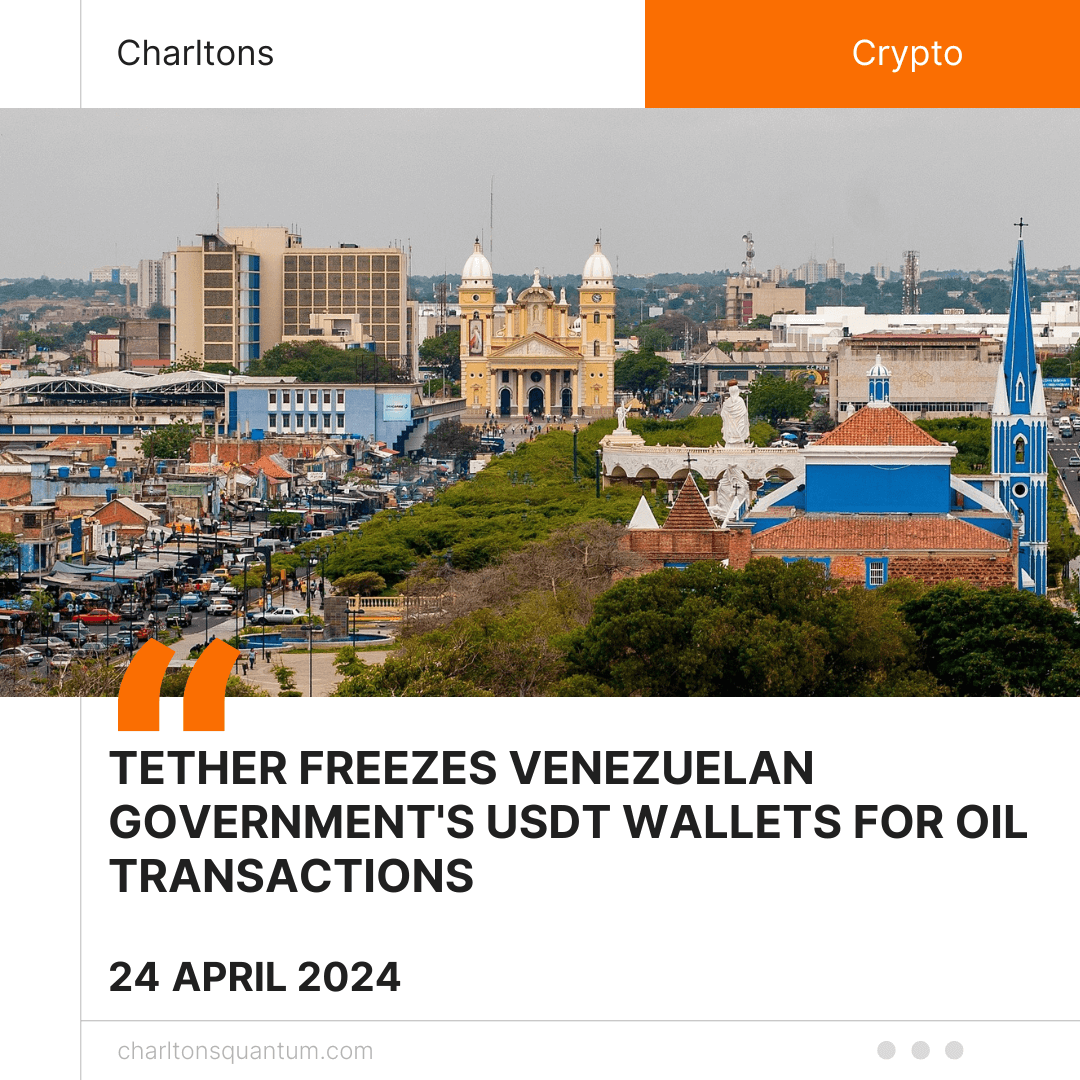
Tether has announced its decision to freeze all wallet addresses associated with the Venezuelan government’s oil sales that bypass US sanctions. The move comes after reports surfaced of Venezuela using USDT stablecoin for oil transactions, circumventing US government sanctions.
Tether’s spokesperson emphasized the company’s commitment to complying with the Office of Foreign Assets Control (OFAC) sanctions list, stating that sanction-related addresses would be promptly frozen.
The Venezuelan government’s state-run oil company, PDVSA, allegedly utilized stablecoins for fuel and crude oil deals for almost six months before US government approval in 2023. Reports also link a corruption scandal within PDVSA to cryptocurrencies, with allegations of funds disappearance amounting to $20 billion in crude oil shipments.
While some express concern over Tether’s actions, suggesting bias, others speculate that Venezuela may turn to decentralized stablecoins like DAI for its oil transactions to avoid central entity control.
The move by Tether highlights the scrutiny of the use of cryptocurrencies in international transactions and the challenges faced by both governments and cryptocurrency platforms in ensuring compliance with regulations and sanctions. As the situation unfolds, it will be interesting to see how cryptocurrency usage evolves in the context of geopolitical tensions and regulatory scrutiny. Further, this ban establishes good governance and co-operation between government and gatekeepers of crypto industry.





